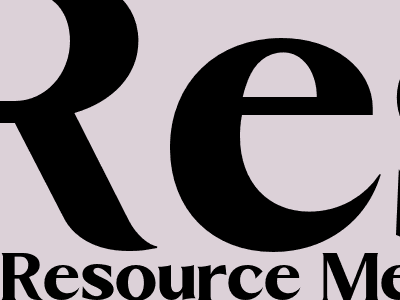
Resource Meaning: Exploring & Utilizing the World's Wealth
Definition of a Resource
A resource refers to any natural substance, commodity, or service that can be utilized to satisfy human wants and needs. Resources are essential for the functioning of society as they provide the foundation for economic activities, technological advancements, and overall well-being.
Resource Types and Classification
Natural Resources
Natural resources are derived from the natural environment without human intervention. They include renewable resources such as forests, water, and solar energy, as well as non-renewable resources like fossil fuels, metals, and minerals.
Human Resources
Human resources encompass the knowledge, skills, and abilities of individuals. This resource is crucial for economic development, innovation, and improving living standards.
Economic Resources
Economic resources involve financial assets, capital, and infrastructure utilized for production and consumption. They facilitate business operations, support economic growth, and enhance productivity.
Resource Management Principles
Sustainability
Resource management aims to balance the exploitation of resources with conservation efforts. Sustainable resource management practices focus on maintaining the availability and quality of resources for future generations while ensuring the well-being of the present population.
Equity and Access
Equitable resource distribution is essential for social and economic stability. Governments and organizations strive to provide fair and equitable access to resources, addressing disparities and promoting equal opportunities.
Conservation
Resource conservation involves measures to protect and preserve resources. It includes practices like recycling, reducing consumption, and adopting energy-efficient technologies to minimize resource depletion and environmental degradation.
Economic Significance of Resources
Resource Scarcity and Allocation
Resource scarcity drives the study of resource allocation. Economic principles are applied to determine efficient and effective resource use, taking into account the opportunity cost of allocating resources for various purposes.
Resource-Based Advantage
Abundant and high-quality resources can provide nations and businesses with a competitive edge. Nations with rich natural resources may leverage this advantage for economic growth and export revenue.
Resource Curse
In contrast, excessive dependence on a single resource or natural resource abundance can lead to the "resource curse." This phenomenon refers to negative economic consequences, such as stagnant growth, corruption, and environmental degradation.
Examples of Resource Utilization
Agriculture
Agriculture relies on natural resources like water, soil, and sunlight for crop cultivation and livestock production. Efficient resource management practices in agriculture enhance food security and sustainability.
Energy Production
Energy generation utilizes various resources, including fossil fuels, solar energy, and nuclear power. Balancing the need for energy security with environmental concerns drives the development of renewable energy sources and resource conservation measures.
Manufacturing
Manufacturing depends on raw materials, minerals, and energy to produce goods. Sustainable resource management in manufacturing involves using eco-friendly materials, minimizing waste, and adopting processes that conserve resources.
Conclusion
Resources are vital to human existence and economic progress. Understanding resource types, principles of resource management, and their economic implications empowers us to use resources wisely. By adopting sustainable, equitable, and conservation-minded approaches, we can ensure the availability and equitable distribution of resources for present and future generations.